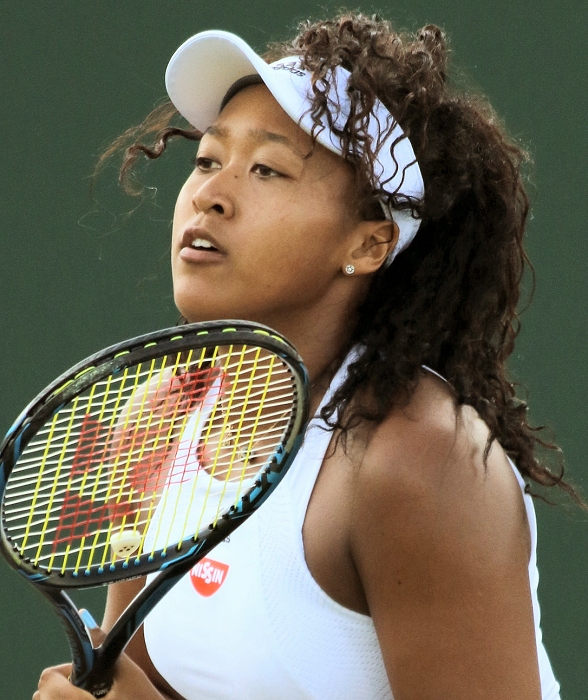Aryna Sabalenka Issues Apology to Coco Gauff After Controversial Remarks

In a significant development following the 2025 French Open, Aryna Sabalenka, the world’s top-ranked female tennis player, publicly apologized to Coco Gauff for comments she deemed 'completely unprofessional.' The apology came after Sabalenka's emotional reaction to her loss against Gauff in the final match, which took place on June 7, 2025, at Roland-Garros.
According to Sabalenka, she reached out to Gauff after reflecting on her post-match comments, which suggested that court conditions and her own mistakes were the reasons for her defeat, rather than Gauff's performance. In an interview with Eurosport Germany, Sabalenka expressed regret over her remarks, stating, 'I think we all have those days when we lose control. The difference with me is: the world is watching.' She mentioned that she felt the need to clarify her position and respect Gauff's achievement, acknowledging her own emotional state during the press conference.
The context of Sabalenka's comments sparked discussions about sportsmanship and the pressures athletes face in high-stakes environments. According to Dr. Emily Carter, a sports psychology expert at the University of Southern California, 'Athletes often find themselves in emotionally charged situations, which can lead to regrettable statements. It’s crucial for public figures to recognize the impact of their words.' Sabalenka noted that she had sent a written apology to Gauff, emphasizing her respect for the young American and the skill she displayed throughout the tournament.
Gauff, who emerged victorious with a score of 6-7(5), 6-2, 6-4, expressed understanding towards Sabalenka's feelings, stating, 'I was a little bit surprised about the comments, but I’m going to give her the benefit of the doubt. I’m sure it was an emotional day, emotional match.' This sentiment reflects a broader understanding among athletes that emotions can often lead to misinterpretations in the heat of competition.
The French Open final marked a historic moment for Gauff, making her the youngest American to win the tournament since Serena Williams in 2002. This victory not only elevated Gauff's profile in the sport but also underscored the generational shift in women’s tennis, as younger players increasingly challenge established stars like Sabalenka.
In light of Sabalenka's comments and subsequent apology, conversations surrounding athlete accountability and public perception have intensified. Dr. Sarah Johnson, a sports communication researcher at Harvard University, stated, 'This incident serves as a reminder of the responsibilities athletes have in their roles as public figures. Their statements can influence both their image and the sport itself.'
The ongoing dialogue about emotional regulation in sports is vital, particularly as tennis continues to grapple with the balance between competitive fervor and professionalism. As both Sabalenka and Gauff move forward in their careers, the implications of this incident may linger, serving as a lesson on the importance of sportsmanship and mutual respect in professional athletics. As the tennis community looks ahead to future tournaments, the focus will likely remain on how emerging players like Gauff navigate the pressures of the sport alongside established champions such as Sabalenka.
Advertisement
Tags
Advertisement





